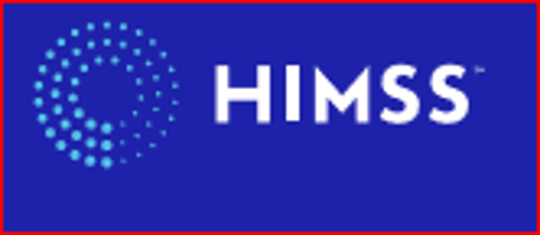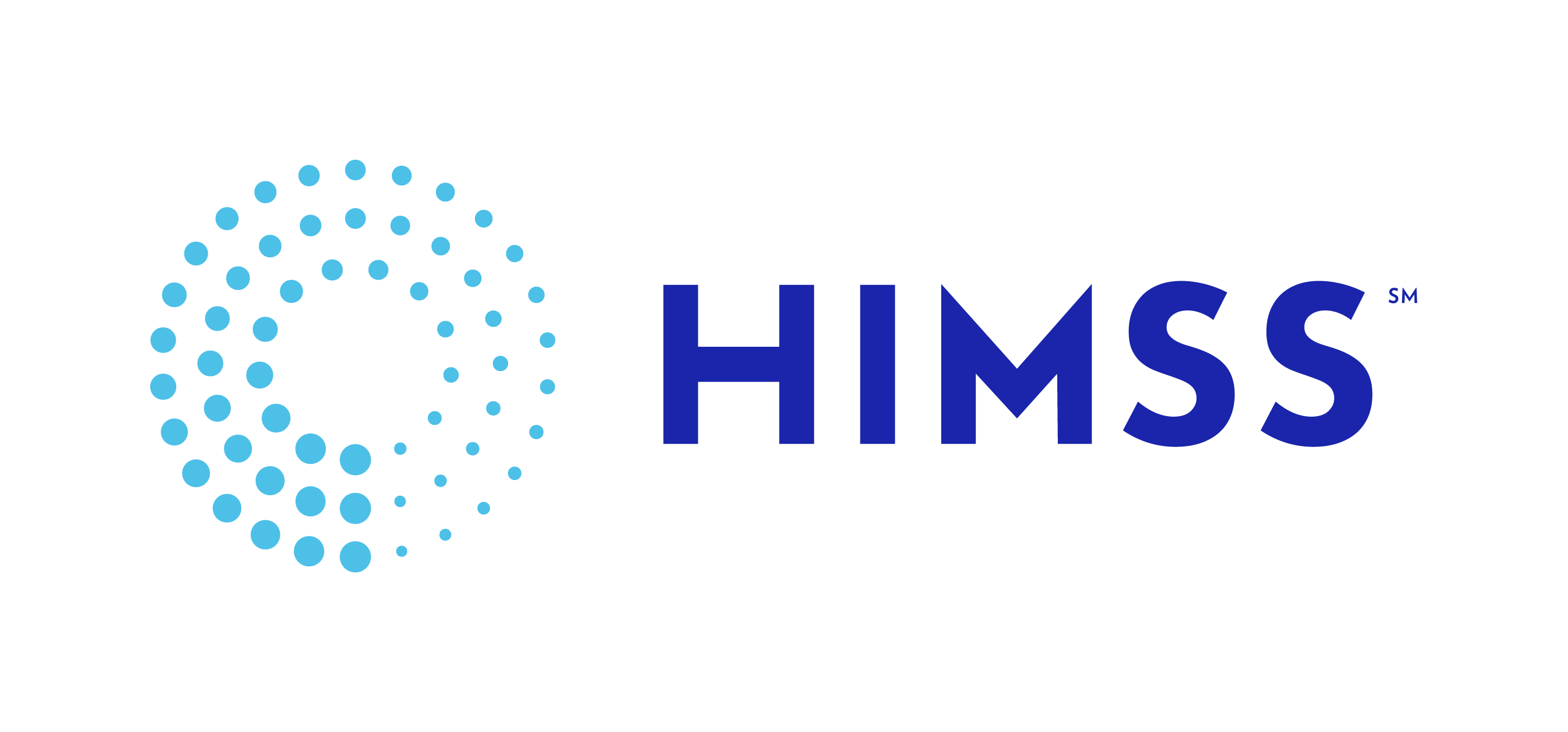To improve health equity, address social needs
By Leigh Caswell, Vice President, Community Health
October 21, 2020
As a health care organization, we have a responsibility to help improve health equity for the patients and members we serve.
Health equity is realized when every individual has the opportunity to achieve their full potential – and it is the foundation of Presbyterian’s approach to community health. Especially during this pandemic, we continue to see health inequities in communities across the country when it comes to access to care, quality of life and rates of disease.
One specific step we can take toward achieving health equity is to truly understand our patients’ social needs – and then do something to help.
In the next few months, all clinicians at Presbyterian will have access to a tool in our electronic health record to do just that.
This integrated resource directory, called NowPow – short for “Knowledge is Power” – will use screening questions to identify and provide tailored community resource lists to patients with unmet social needs. Patients will be screened for abuse/violence, food insecurity, housing and transportation every six months, and with each inpatient admission.
Clinicians often see the impact of social needs, like lack of healthy food or unsafe living environments, on their patients’ health and whether they seek the care they need.
But they haven’t always had a simple way to connect patients to resources.
We have been working on this approach since 2017, when we joined the Center for Medicare and Medicaid Services’ Accountable Health Communities innovations program, to test how the model can help communities as they address health-related social needs. Through this approach, we have screened over 18,000 patients for social needs, connected them to resources, and hired community health workers to follow up with patients who are most in need of additional support.
So far in 2020, we have completed 5,529 screenings and enrolled about 78 percent of high-need patients in a navigation program. Of those patients who wanted help, about 800 had their needs resolved. We have also made great progress in partnering with community service providers and developing closed-loop referrals to needed resources such as housing, food, and domestic violence services.
Take this recent example: a patient lost his job during the pandemic and was having trouble paying rent while awaiting unemployment benefits. A community health worker noted the issue during a screening, and then helped to track down temporary rent assistance.
Another patient was discharged from the Emergency Department. During the screening process, the patient said she was having trouble getting enough food. A community health worker found help for the patient through Presbyterian’s Food Farmacy program.
By expanding this program across our system, nursing and triage staff will now also perform this screening before the patient is seen by a provider. The patient will automatically receive a resource list tailored to their needs in their after-visit summary.
Providers will also have access to the searchable resource directory if additional issues arise during the patient visit. A social determinants of health (SDOH) wheel (see illustration) will be visible in every patient chart to easily identify when a screening has been completed and the risk identified for each domain.
With knowledge, partnerships, and the right resources, we are better able to address the social needs of our patients. And by addressing social needs, our goal is to tangibly improve health outcomes. By 2030, we aim to reduce food insecurity for our patients, members and community members, and to reduce prevalence of diabetes and hypertension, for example.
This effort to understand and address social needs moves us closer to achieving health equity for the people we serve.
www.phs.org

Please join us to cap off our first ever Health Equity week, for an informative conversation about the New Mexico COVID19 emergency sourcing and collaboration, with Gabe Mounce, Director, Space Force Accelerators/Technology Commercialization Lead and Jason Jarvis, Field Representative, Senator Martin Heinrich.
We will also include our featured guests and community partners from the week - highlighting Syncronys (New Mexico's Health Information Exchange), Leigh Caswell, Vice President Community Health, Presbyterian Healthcare Services, Lilly Irvin-Vitela, President and Executive Director, New Mexico First.
Friday, October 23, 2020 @ 10am
www.nm.himsschapter.org
